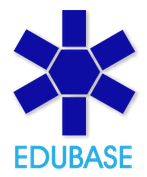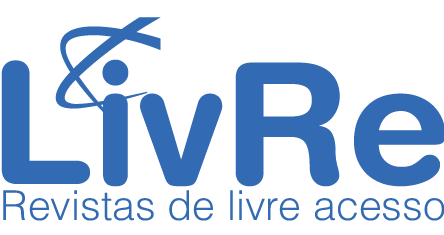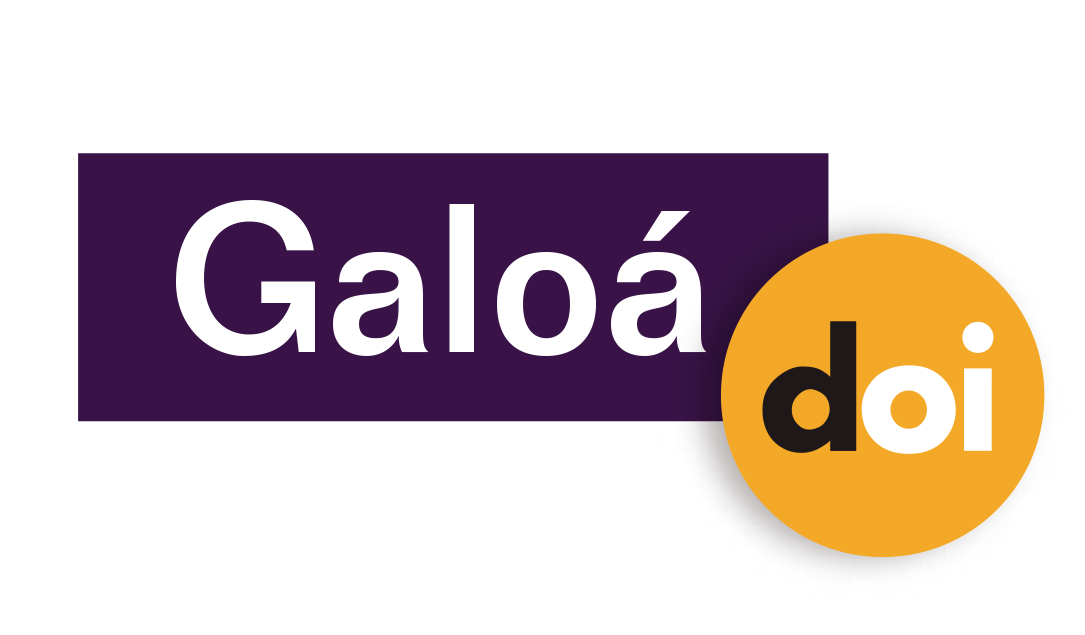O Teste Allium cepa no ensino de Biologia Celular: um estudo de caso com alunos da graduação / The Test Allium cepa in teaching of Cellular Biology: A case study with the graduate students
Resumo
Tem-se observado atualmente que a Genética, devido às suas constantes descobertas,tem sido foco de discussões e, por isso, assunto recorrente em sala de aula. Um dos principaisproblemas observados no processo de ensino-aprendizagem em Genética é a compreensãocientífica dos fatos e o conhecimento que o aluno tem sobre muitos processos. O aluno éextremamente resistente a mudanças conceituais e isso tem sido um obstáculo epistemológicoà incorporação de conceitos científicos que se pretende ensinar. Essa pesquisa propôs avaliaralunos dos cursos de Graduação de Biologia (n=31) e Fisioterapia (n=20) quanto aos seusconhecimentos prévios na área de Biologia Celular. Com base nestes dados, foi proposta umaatividade prática com alunos voluntários (n=5), para observação da estrutura das células e dasfases de divisão celular, para a qual foi utilizado o Teste Allium cepa. A atividade foi propostade forma que os alunos obtivessem uma base de conhecimento, tanto crítica como realista,construída a partir de observações e de forma interativa, que os auxiliasse a compreendermelhor o estudo de Biologia Celular. Estes alunos foram submetidos a pós-testes e entrevistassemi-estruturadas. Observou-se que os conhecimentos decorrentes do Ensino Médio são bastantefalhos e que as aulas teóricas da graduação não foram suficientes para permitir umaaprendizagem conceitual sobre Biologia Celular. Entretanto, na análise após atividadelaboratorial, observou-se melhor compreensão dos conceitos relacionados ao conteúdo trabalhado.Assim, ressalta-se a importância de se trabalhar com atividades práticas, bem estruturadas,e avaliar a eficiência destas no processo de aprendizagem, tanto no Ensino Médio quanto noEnsino Superior.
It has been observed that currently Genetics, because of their constant discoveries, hasbeen focus of discussions and therefore subject applicant in the classroom. One of the mainproblems observed in the process of teaching-learning in genetics is the scientific understandingof the facts and knowledge that the student has on many cases. The student is highly resistant to conceptual changes and this has been an obstacle epistemological the incorporation ofscientific concepts to be taught. This survey suggested assess students’ courses of BiologyGraduate (n = 31) and Physiotherapy (n = 20) in their previous knowledge in the area ofCellular Biology. Based on these data, an activity was proposed practice with students, volunteers(n = 5), for observation of the structure of cells and of the stages of cell division, for which thetest was used Allium cepa. The activity was proposed so that students obtain a knowledgebase, both critical and realistic, built from observations and interactive format, that help tobetter understand the study of Cell Biology. These students have been subjected to post-testsand semi-structured interviews. It was observed that the knowledge arising from the highschool present problems and that the lectures of graduation were not sufficient to allow aconceptual learning about Cell Biology. However, the analysis after laboratory activity showeda better understood of the concepts related to the content worked. Thus emerges is the importanceof working with practical activities and structured, and evaluate the efficiency of the processof learning, both in high school and in higher education.
Texto completo:
PDFApontamentos
- Não há apontamentos.
Direitos autorais 2012 Sirley Pereira Carneiro, Juliana da Silva

Esta obra está licenciada sob uma licença Creative Commons Atribuição 4.0 Internacional.
ANÚNCIOS
Informamos que, a partir de outubro de 2025, devido ao grande número de artigos na fila de submissão, está suspenso o aceite de submissões. Rebriremos em fevereiro de 2026.
Mais, informamos que sites fraudulentos, https://periodicos-ulbrabr.org e https://periodicos-ulbrabra.org, estiveram se passando pela Acta Scientiae, utilizando nosso nome e identidade visual e até solicitado taxas de APC, que nós não cobramos. Aconselhamos cautela para evitar serem enganados por sites semelhantes.
Conceito A2 na Capes(2021)
Índice h5 do Google Scholar: 13
Índice mediana h5 do Google Scholar:24
eISSN: 2178-7727
Indexações:
A Acta Scientiae é indexada em: | Scopus |  | Latindex |  | Edubase (SBU/UNICAMP) |
 | Sumarios.org |  | Google Scholar |  | Portal LivRe (CNEM) |
 | Journals for Free |  | REDIB |  | Galoá DOI |

Todos os trabalhos publicados aqui estão sob uma licença Creative Commons - Atribuição 4.0 Internacional.
